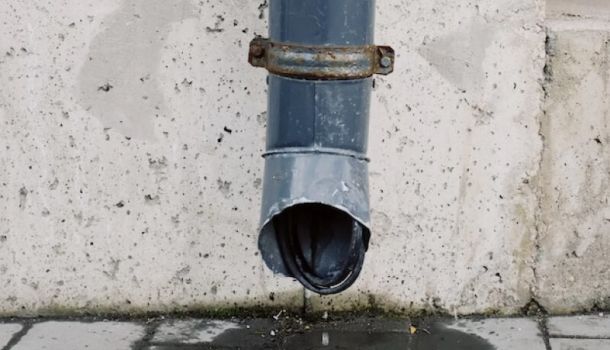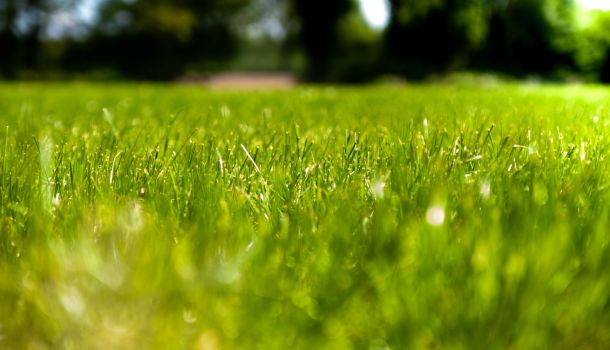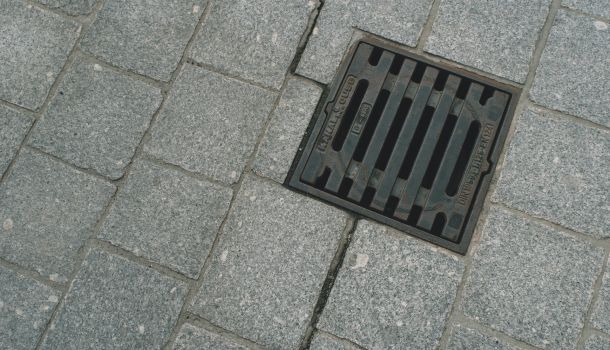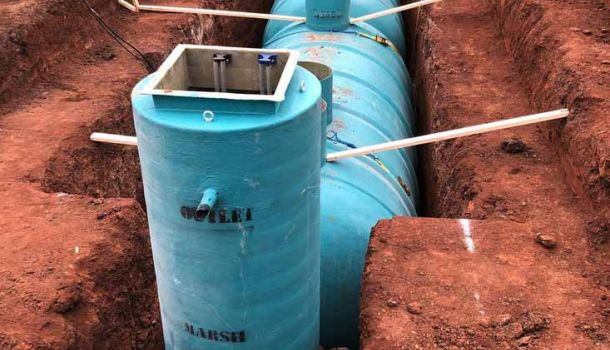5 Effective DIY Methods for Unclogging Your Shower Drain

Clogged shower drains can quickly go from a nuisance that you misguidedly put off fixing, to a nightmare that requires immediate attention. However, the question we all want an answer to is, ‘How exactly to unblock a shower drain?’ In this blog, we have the ultimate DIY lover’s dream for unblocking hair-lodged shower drains through five simple techniques. While calling a plumber may seem like your only option, with some basic materials and a little elbow grease, you can likely tackle that clog yourself. If however, you try these methods without success, don't hesitate to call our our experts at Cotswold Drainage for assistance. More complex and challenging drainage issues often require a professional touch to tackle stubborn shower drains once and for all.
Materials and Tools You’ll Need
Before entering any battle, it’s important to arm yourself with the correct tools and equipment. Here are just a few of the supplies you can gather to get prepared for the task ahead. This is by no means an exhaustive list but it’s a good starting point to work off.
- Rubber Gloves
- Drain Plunger
- Drain Snake or Auger
Additionally, it might be useful to have the following to hand.
- Bucket
- Old Rags
- Towels
- Wrench or Pliers
Whether you’re dealing with a minor obstruction or a more stubborn blockage, having the right tools will help you address the issue more effectively and prevent it from escalating to a major plumbing problem.
Baking Powder and Vinegar
For a cost-effective and eco-friendly solution, try pouring 1/3 of a cup of baking powder with 1/3 of a cup of white vinegar into your drains. This creates a powerful fizzing reaction that both dislodges build up whilst attacking any odours. This should be repeated until water begins running smoothly and your drains should be covered to contain the reaction.
Using a Plunger
A handheld plunger is also a useful tool when tackling blocked shower drains. With the right type of plunger and a bit of manpower, most blockages should be dislodged in no time. Aside from the question ‘how to unblock shower drains’ there’s also the question of ‘how to use a handheld plunger’ that needs addressing. You probably think you know the answer to this but are you exercising the correct technique?
First, ensure you have the correct sized plunger for the job. This should be slightly larger than the drain as going too small or too large could prove to be ineffective. You’ll always want to plug any nearby drains to maintain maximum pressure. Your plunger should be fully submerged in the water for proper suction, plunging with an up and down motion in 30-second intervals. As a bonus tip, try targeting different angles to really get at the blockage.
Removing the Drain Stopper
Removing and cleaning the drain stopper is an effective way to clear out hair and debris that often clogs shower drains. With a few basic tools to hand like a screwdriver or a set of pliers, you can gain better access to your drains for effective cleaning. By regularly accessing and cleaning the drain stopper, you can catch debris before it completely clogs your shower drain. Just be sure to completely reattach the mechanism and test it before using your shower again. Proper maintenance is the key to preventing problems down the road.
Using a plumbing snake
For deeper clogs, insert a flexible plumbing snake into the shower drain access point and rotate, pushing through the blockage. Slowly retrieve the snake to pull out any debris hiding within your pipes. Plumbing snakes have become a go-to tool for persistent and stubborn issues. Be careful to avoid damaging your plumbing system in the process and always consult the instructions for proper handling techniques.
Chemical Drain Cleaners
If all else fails chemical drain cleaners can easily dissolve and power through blocked shower drains. It’s important to carefully follow the manufacturer's instructions and exercise caution when using any form of chemical cleaning solution. Biological cleaners that are free from such chemicals may be an alternative choice for those looking for safer and more eco-friendly alternatives that are equally as strong.
Cotswold Drainage. Shower Drainage Specialists You Can Count On
We hope these DIY tips have helped shed some much needed light on unblocking shower drains and ways to do so with items you’re likely to already own. Remember, prevention is key, so stay on top of your drain maintenance with regular cleaning and inspections. If you have any further questions or need more robust plumbing solutions for your drain, the Cotswold Drainage team are here to help. Feel free to get in touch and we’ll do our best to get your drains running smoothly and efficiently.
Our Top
Articles




